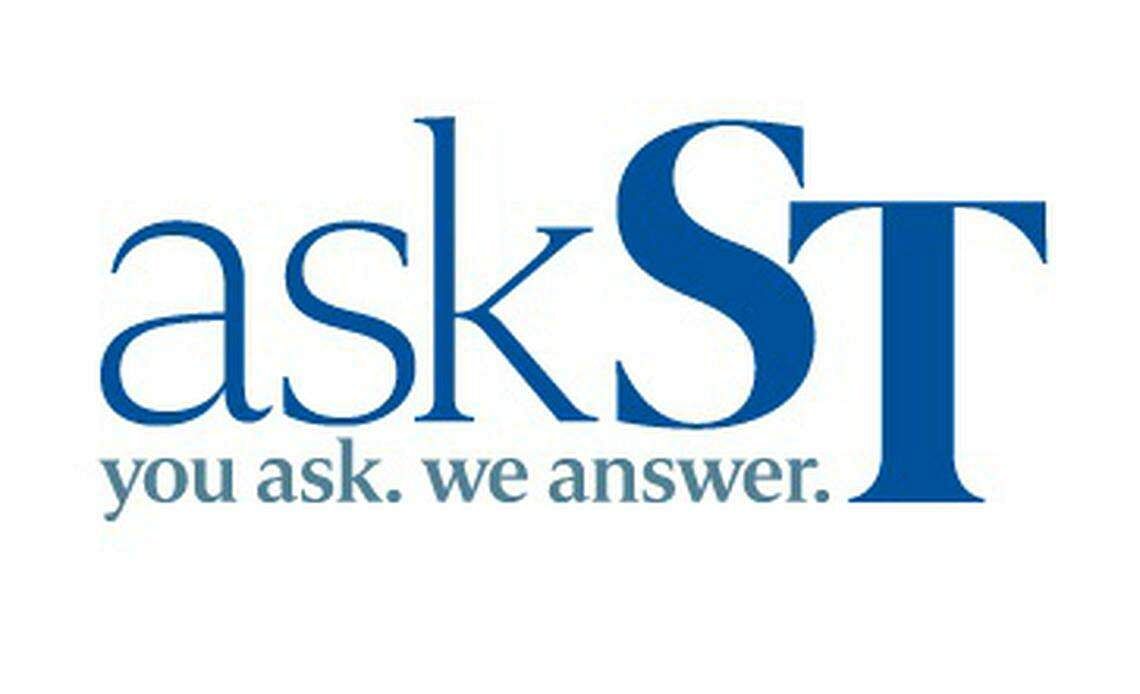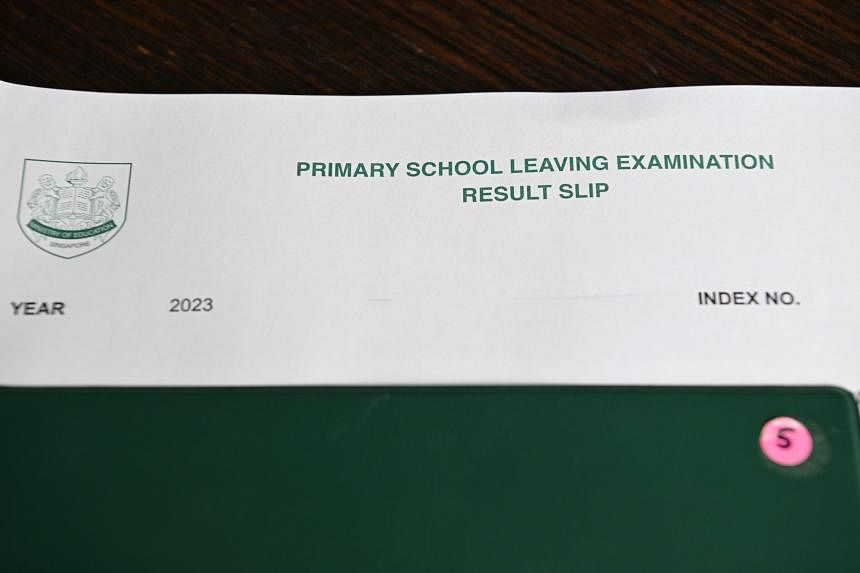SINGAPORE – Parents who attended The Straits Times Smart Parenting PSLE Prep Forum on April 6 posed several questions on the Primary School Leaving Examination (PSLE), from how the papers are marked to the best exam strategies.
Here are some of their questions and the answers from Mr Ong Kong Hong, the Ministry of Education’s (MOE) divisional director of curriculum planning and development, and mathematics expert Yeap Ban Har.
If there are more ties for places in secondary schools due to the revised scoring system, how are they resolved by computerised balloting?
Mr Ong: Under the Achievement Level (AL) scoring system implemented in 2021, pupils are given an AL ranging from one to eight for each subject instead of grades such as A* to E.
Thus, the new scoring system will result in a fewer range of scores. Compared with over 200 possible aggregates under the previous system, there are now only 29 possible PSLE scores, ranging from a minimum of four to a maximum of 32. This could result in more ties for secondary school places.
Where there are two or more pupils with the same aggregate score vying for the last place in a school, they will be prioritised first based on their citizenship, with priority accorded to Singapore citizens, followed by permanent residents, then international students.
Subsequently, if there is still a tie – between two Singapore citizens, for example – the order in which pupils list their school choices will give them priority in determining who gets a place. In this scenario, a pupil who indicates a school as his or her first choice will get a place ahead of someone else with the same PSLE score who indicates the school as a second or third choice.
If citizenship and school choice still cannot break the tie, the posting will be determined by a computerised ballot with an equal chance for each pupil.
As in previous years, in 2023, about one in 10 pupils had to undergo computerised balloting.
If pupils fail to use keywords, but show the right conceptual understanding in their answers, will they be awarded the marks?
Mr Ong: As long as pupils are able to explain in their own words to show understanding of concepts in given question contexts, they will be duly awarded the mark.
For example, in the marking of Science papers, teachers look for sufficiently clear explanations that reflect understanding of scientific concepts they have taught in class.
For instance, when asked why the temperature of an object decreases, a response such as “the object loses heat” shows conceptual understanding of the direction of heat flow.
On the other hand, a response such as “the object becomes colder” is just a paraphrase of the question and could suggest a misconception that an object can gain “coldness”.
Will pupils be penalised for poor spelling and grammar?
Mr Ong: Parents of children who are not as strong in English may worry that their child will be penalised for spelling and grammar errors.
In the language papers, it is important to get the spelling and grammar right. However, grammar errors and minor spelling errors will not be penalised in subjects like mathematics and science, which do not assess language.
Is there a quota for the number of pupils who can be awarded the top grade (AL1) for each subject?
Mr Ong: The new system does not look at how pupils perform relative to one another. What matters is that the child meets the standard for the top grade, which, in the PSLE, is AL1.
So if a child scores 90 to 100 in a subject, then he or she will be awarded AL1 for the subject. As such, there is no quota.
What are the common mistakes made by pupils in the PSLE, and how can parents help them avoid these mistakes?
Mr Ong: One mistake pupils commonly make is failing to read questions carefully.
In being too focused on what they want to express in their writing, pupils may miss what the question is asking. They then risk losing out on the intended marks for that question.
When guiding children in composition writing, parents can encourage them to read the question carefully to figure out what it is asking for.
Do pupils need to do past-year papers and assessment books to do well in PSLE maths?
Dr Yeap: While pupils get better at maths through practice, there is no need to hunt for exam papers from top schools or practise endlessly with assessment books.
Pupils do not have to plan their revision according to specific topics. My advice would be to do just 20 marks’ worth of questions every day.
How can a parent help a child to finish the maths paper on time?
Dr Yeap: Let’s use the PSLE Maths Paper 1 as an example. It is 60 minutes long and is worth 45 marks.
There are 10 multiple-choice questions and five short-answer questions worth one mark each. These questions are simpler to answer and should require no more than a minute each. Thus, for the remainder of the paper which contains more challenging problem-solving questions, candidates will have more time – about 45 minutes for 30 marks.
Schools do provide pupils with timed practices so that they get better at managing time. Parents can advise their children to leave a problem and come back to it later if they get stuck for a significant amount of time.
For questions with multiple parts, pupils should always do the easy parts first, even if they are unable to answer the entire question. These are likely to be part of the essential steps, and candidates will receive credit even if they cannot solve the eventual problem.
What is the best way to build mathematical skills in children?
Dr Yeap: Hands-on play at a young age is important to help children build up visualisation skills.
This is one of five mathematical abilities pupils have to develop to ace the PSLE paper for mathematics.
The other four are the ability to see patterns; having a number sense; effective mathematical communication through symbolic, visual and verbal language; and developing metacognition – awareness of one’s own learning or thinking processes.
Practising maths is important, but it helps to build these abilities as well.
Parents should engage their primary school-going children in incidental learning – whereby they practise mathematical concepts using scenarios from everyday life.
Additionally, parents should not work out solutions for their children, and instead provide scaffolding to help them think and arrive at answers themselves.
I always advise parents to let their child hold the pencil when they help him or her with a question. If parents hold the pencil, they end up taking over, and the child learns less.
Will this year’s PSLE maths paper be difficult, since last year’s papers were considered by many to be easy?
Dr Yeap: The PSLE maths paper is designed to ensure a balance of questions of different levels of difficulty and ability. This is to differentiate those who have mastered the syllabus from those who have just managed the basics.
As such, this year’s maths paper will be comparable with those of previous years.
- These answers are based on the responses given by Mr Ong and Dr Yeap during The Straits Times Smart Parenting PSLE Prep Forum on April 6.



